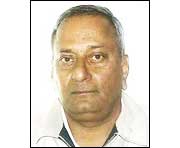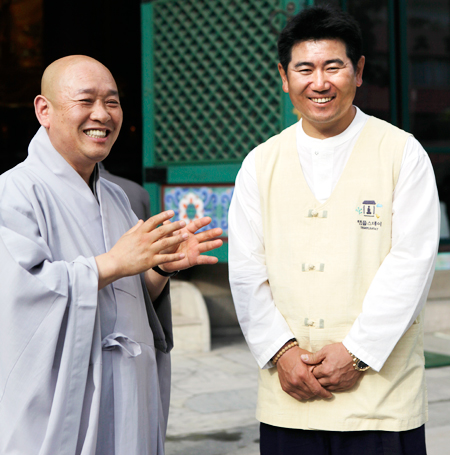Freedom of speech in different climate
Freedom of speech has spread its wings with the advent of social media. Thoughts, blogs and tweets now flood cyberspace. The Arab Spring gave the world hope and a sea of change while social media had a big part to play in it.
But sometimes, social media can stir up a hornet’s nest: It can make your birthday party an inadvertent bash for a multitude or get government machinery to conveniently misconstrue a legitimately voiced opinion and initiate action against those who spoke out.
That is what happened when a state government in India ordered the arrest of two girls for their innocuous views on Facebook. They were alleged to have hurt religious feelings and “sedition” was grounds for their arrest. In addition to their personal trauma, the uncle of one girl had his clinic ransacked. Trauma, loss of property and the rule of hoodlums prevailed.
In a population of 1.2 billion people, as in India, even if 0.1 percent blog or tweet on social media we end up with 1.2 million diverse views. And if a further mere 1 percent of those views are adverse or inflammatory we end up with 12,000 potential arrests waiting to happen if the recent arbitrary arrest of those two girls is anything to go by.
There are times when “freedom of speech” can result in mayhem. Often, there have been remarks that have hurt religious sentiment and rioting promptly follows. Arson and looting take a toll on innocent lives.
Freedom of speech has parameters in different hemispheres. In South Asia one has to tread gently and avoid sensitive issues. To that extent there is a case for India to be an exception. Scribbling inflammatory cartoons and hurting religious sentiments in a secular society is a no-no.
But people in a democratic society often feel free to express their views on the system or on whatever facet of life they choose to opine on. That is a perfectly legitimate aspiration; this is what freedom of speech is all about.
Meanwhile, some politicians with tacit support from disruptive influences feel free to misinterpret the law to stifle any opposition. People in Mumbai have often been subject to terror tactics. The net result is a populace that fears the repercussions if they say anything amiss. Whatever the outcome of this case, Mumbai’s population is still not going to believe that they are free in a true sense.
That is exactly why freedom of speech cannot be compromised. India is the world’s largest democracy and if this case goes into cold storage like some others did in the past, it would be a sad reflection on the efficacy of India’s democratic institutions.
There is always a price to be paid for fundamental freedom of the human spirit and true democracy is the best justification for that.
Shaheen Dhada, the girl at the center of the storm, had no idea that things would come to this with her expression on Facebook. But for all the hardships and trauma they endured, she and Rinu Srnivasan may have ushered in a freedom of sorts: They have inadvertently jump-started dialogue on freedom of speech in the world’s largest democracy. In the process the very framework of the hooligans that ransacked her uncle’s place will soon be arrested. Hopefully, that will put a damper on other politicians who plan on clamping silence with terror tactics.
India is now in the limelight. Hopefully, its people will stand up and subdue the forces that threaten to make freedom of speech a meaningless embellishment.
The writer is the publisher of Daywatch newspaper in Surrey, British Columbia. He can be reached at daywatchnewspaper@gmail.com. <The Korea Times/Alan Saldanha>


